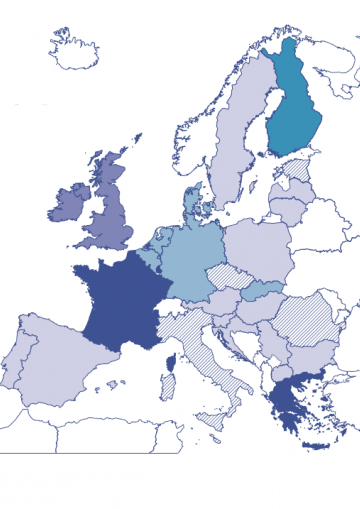The European Commission called NHRIs an 'indispensable element in the system of checks and balances in a healthy democracy’ in its 2022 annual rule of law report.
They also keep watch over the rights and principles enshrined in the European Union Charter of Fundamental Rights.
The mandate of the NHRIs is based on the UN General Assembly’s Paris Principles of 1993 ('Principles Relating to the Status of National Human Rights Institutions'). They provide the basis for assessing the independence and effectiveness of national human rights institutions.
The Global Alliance of National Human Rights Institutions (GANHRI) uses the Paris Principles to determine the international accreditation status of national human rights institutions.
This update builds on FRA’s 2020 comprehensive report Strong and effective national human rights institutions – challenges, promising practices and opportunities. The report demonstrated the potential for further strengthening the NHRIs in the EU.
FRA currently has a capacity-building project with selected NHRIs and the European Network of NHRIs (ENNHRI). The aim is to help increase the NHRIs’ capacity in applying the EU Charter of Fundamental Rights and in monitoring of fundamental rights aspects of the rule of law.
The project is supported by the EEA and Norway Grants.
